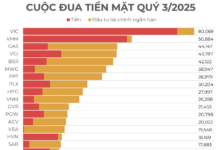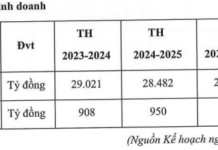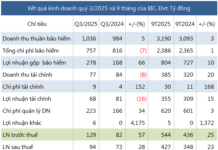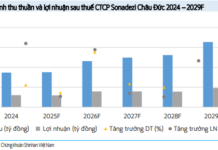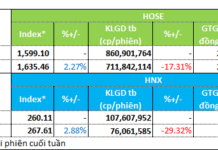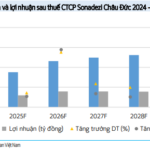Real Estate Prices Always Increase
While real estate prices have increased over the years, it’s important to remember that this isn’t always the case. There are times when real estate prices dip and even bottom out, taking years to recover.
For those who borrow to buy real estate, monthly interest payments can become a burden. When real estate prices are low and the market is “frozen,” selling becomes difficult, leading to financial strain.
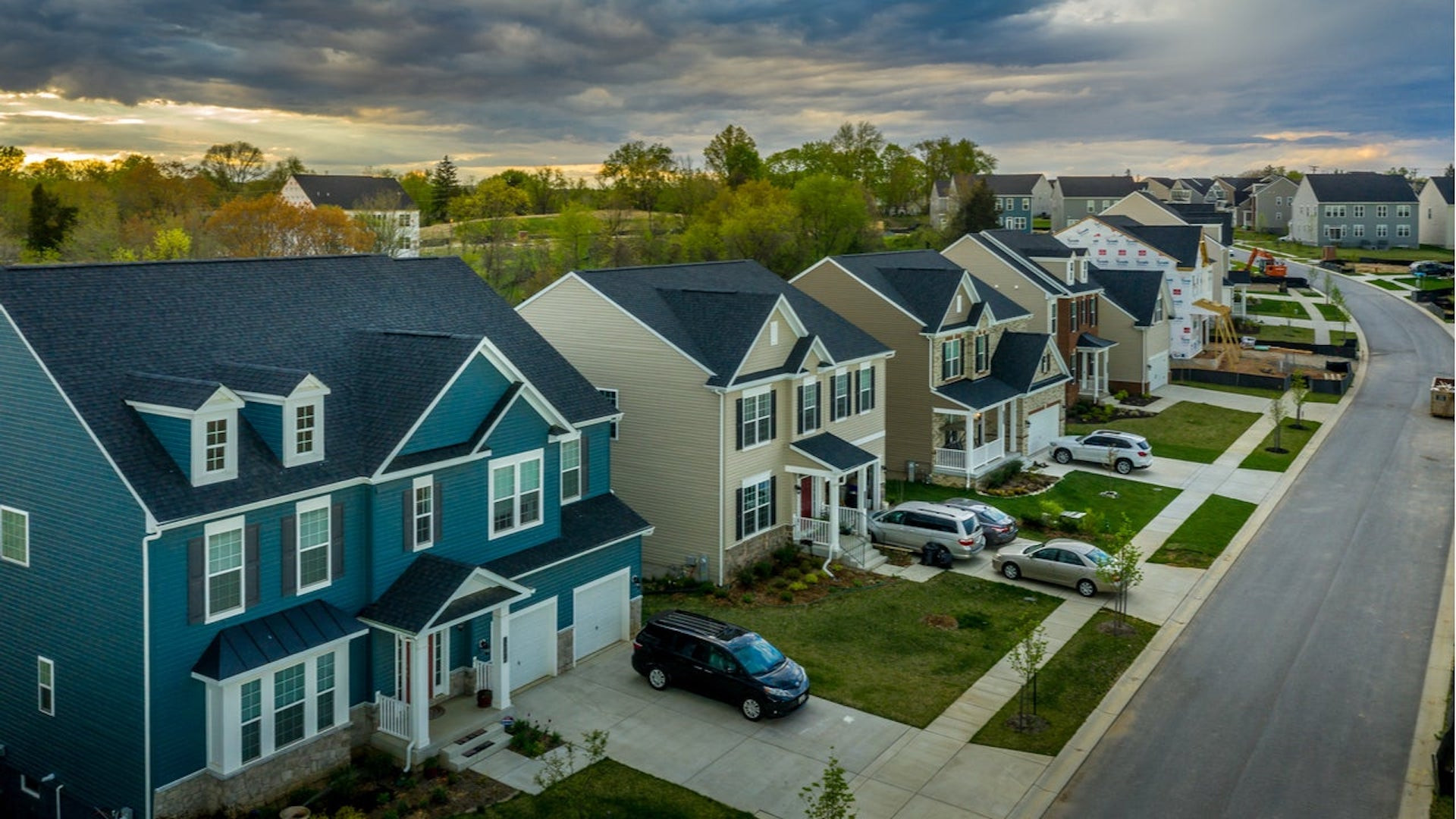 Real estate prices can go through cycles of sharp decline, bottoming out, and taking years to recover. Source: Real Estate |
Real estate can be a good investment over the long term, but the market is subject to fluctuations based on supply and demand, as well as economic conditions.
Loan Repayments: It’s Not Just the Principal and Interest
When taking out a loan to buy a home, people often focus on the monthly repayments and the interest they have to pay as per the bank’s regulations. However, there are other considerations to keep in mind.
Owning a home means you’ll be responsible for utility bills, such as electricity and water. You’ll also need to budget for repairs, maintenance, and, in some cases, insurance and landscape maintenance fees.
Failing to account for these additional costs can lead to financial strain, especially if your income doesn’t cover all the expenses associated with homeownership.
Renovations Will Increase the Property’s Value
Renovating your home can make it more aesthetically pleasing, modern, and clean. This can create a positive first impression on potential buyers.
However, it’s important to note that renovating doesn’t always guarantee a higher selling price. While you may spend a significant amount on modern furnishings and flooring, for example, you might not be able to recoup these costs in full when selling due to competitive market pricing.
 Buying a home comes with more responsibilities and costs than just the mortgage. Source: Investor |
That doesn’t mean you shouldn’t renovate, but be mindful that you may not be able to include all those costs in your selling price and remain competitive in the market.
Renting is a Waste of Money
Whether to buy or rent depends on your financial situation. Renting has its advantages, as you don.t have to worry about maintenance or property taxes. It also gives you time to figure out what you do and don’t want in a home.
Taking on a large debt to buy a home can be risky, especially if your income is unstable. Overstretching yourself financially could lead to debt and an inability to make repayments.
You Can Sell Whenever You Want
While you can put your property up for sale whenever you like, that doesn’t mean it will sell quickly. Selling a home can take weeks, months, or even years, depending on market demand and whether your property meets buyers’ criteria.
Unlike stocks, real estate doesn doesn’t offer the same level of liquidity if you need to access your money quickly in an emergency or for other investments.
Hong Khanh (According to Finance)
Uncertain real estate tax may lower housing prices
According to VARS, taxing real estate may not necessarily lower housing prices due to the strong attraction of the city. Lowering housing prices will also increase demand, leading to a rise in prices and causing long-term repercussions for the economy.
Continuous Change and Adaptability, Affordable Housing Cravings to be “Satisfied” by 2024?
Developing affordable housing will open up opportunities to address the supply-demand imbalance and reduce the overall housing prices in the market. If the market as a whole collaborates and adopts market-driven housing policies, the development of affordable housing will progress alongside social housing.












